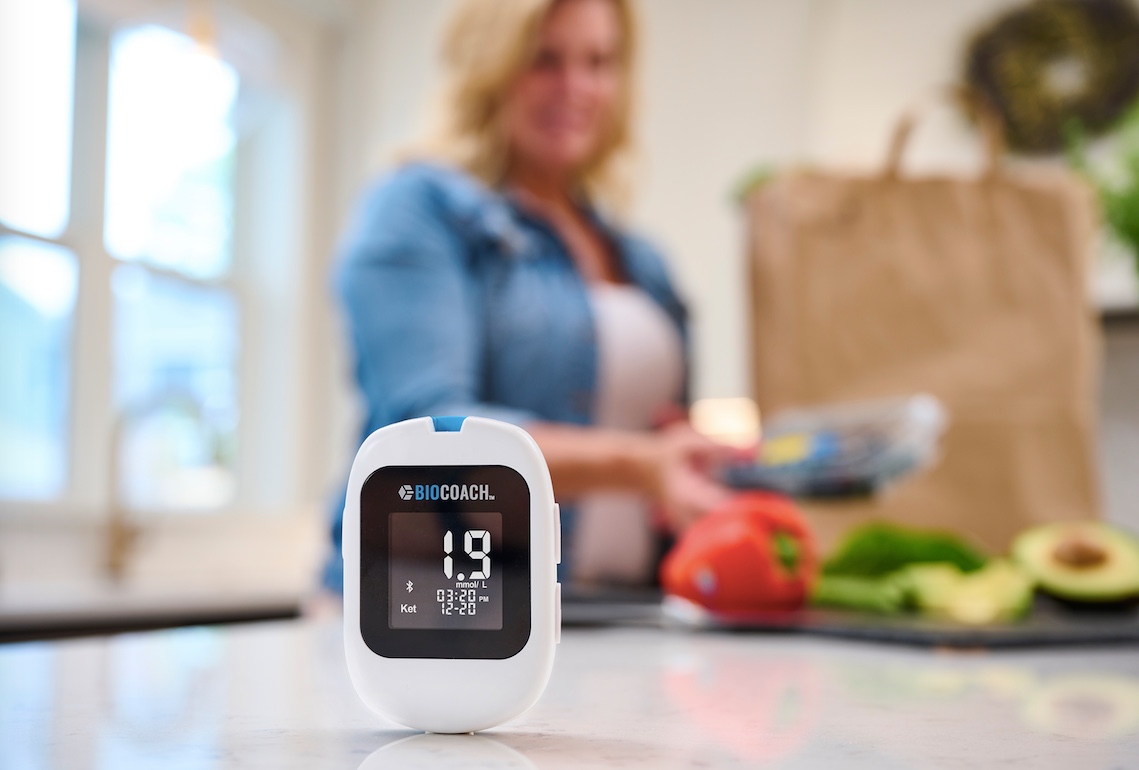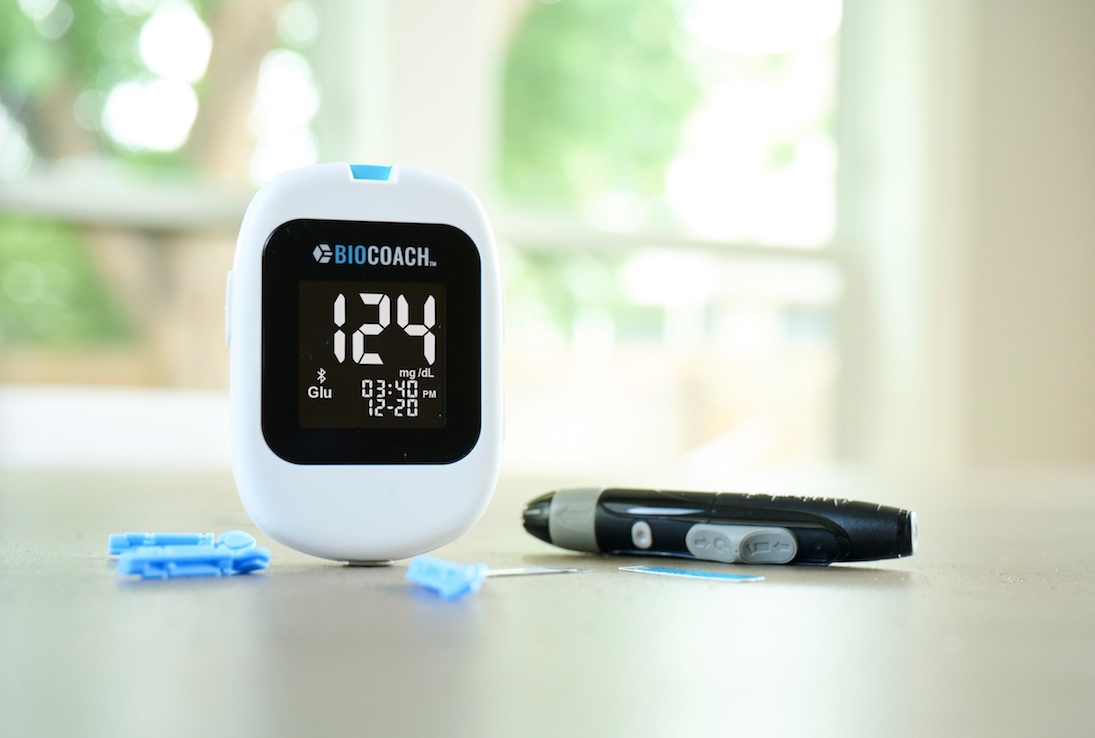
Direct-to-consumer glucose monitoring and testing company BioCoach secured $4 million in seed funding last week from SecretLab LLC founder Jason Bright. The Minneapolis-based company will use the seed funding to scale its new digital health platform to address diabetes and prediabetes.
1 in 3 Americans is prediabetic, according to the CDC. That pans out to 96 million Americans suffering from prediabetes, who could develop into type 2 diabetes if not treated, according to the CDC. However, more than 8 in 10 of those with prediabetes do not know they have it. This is particularly concerning since prediabetes is reversible, if caught and actionable steps are taken.

The Power of One: Redefining Healthcare with an AI-Driven Unified Platform
In a landscape where complexity has long been the norm, the power of one lies not just in unification, but in intelligence and automation.
The number one method to reversing prediabetes and keeping it from developing into full blown type 2 diabetes is making lifestyle changes — including following a specialized diet and exercising 150 minutes a week, according to the CDC. That pans out to a brisk 30 minute walk 5 times a week and a serious diet check.
Of note, type 1 diabetes cannot be reversed and has to do with genetics, among other factors. However, type 2 diabetes can be treated in the prediabetes stage, which is what BioCoach is tackling.

BioCoach’s smart glucose and ketone reader.
Right now the standard of care for prediabetes and type 2 diabetes includes diet and exercise in conjunction with measuring one’s blood sugar at set intervals. If one’s sugar is too high, changes are needed (either diet adjustment or extra exercise) to lower the sugar levels, and in extreme cases, medication.
However, what to eat and when to eat it can prove challenging, not to mention confusing. The goal with diabetes is to flatten the curve of a sugar increase after eating. The way to do this is to balance carbs, fats, and proteins at each meal. This can prove hard to master given that what society has taught us is healthy eating for a typical person is not always healthy for a diabetic.
Case in point: fat free yogurt with granola and berries for breakfast and a cup of black coffee may seem like a healthy option. However, a person with diabetes would likely experience a sugar spike from this meal since it is not balanced. The yogurt is protein, but the granola and berries are both carbs, which increases sugar. Further, there is no fat in the meal to help flatten the sugar spike curve. A healthier meal could include eggs (protein), a small piece of whole wheat toast (carb), and heavy cream (fat) in one’s coffee.
Knowing how to balance a prediabetes-friendly diet can thus require substantial mental gymnastics since one has to filter out what we’ve been taught is healthy to what is healthy and will flatten the proverbial sugar curve. And the gymnastics turns to Simone Biles-level when adding in the variable that each body responds to certain foods differently. For example, some people with diabetes may not be able to handle as many carbs as others at a given meal.
Here’s where BioCoach comes in. BioCoach has a smart glucose and ketone meter that pairs with the BioCoach app. Based on one’s readings, expert coaches on the BioCoach app give diet adjustment recommendations tailored to each individual.
And it’s meant to practical: BioCoach gives meal prep ideas and grocery lists. They partner with Walmart grocery so all ingredients needed for one’s individualized meal plan can be added to a Walmart grocery cart for either pick-up or delivery. Further, if Walmart grocery is out of stock for a given item, it will find a suitable replacement based on nutrition composition, rather than on price the way alternative apps do, according to a company spokeswoman. The specialized grocery lists based off personalized meal ideas takes the guesswork out of the process for prediabetics and diabetics.
BioCoach’s platform and technology also work for gestational diabetics – women who develop diabetes during pregnancy.
“Other digital health companies rely on something we call ‘diet reflection,’ where users reflect on their diet by inputting data like activity, calories, macros, etc. And then, they might talk to a coach about that data to make adjustments. At BioCoach, we are taking the approach of ‘diet direction’ where our coaches tell you exactly what to do each day to be successful and are there to guide customers on their unique health journeys,” said Matt Payne, CEO of BioCoach, in an email. “This includes exactly what foods to buy at the grocery store (we have an integration with Walmart Grocery), when to take biometric readings, and much more. Our unique approach provides our customers with a personable, specialized experience and actionable steps to truly improving their health that our competitors are missing the mark on.”
Payne is right about “other digital health companies.” From Livongo (now part of Teladoc Health) to Omada Health to Onduo to Glooko, there is a plethora of health tech companies trying to help prediabetes and diabetes patients to manage this chronic disease well.
Photo: BioCoach








